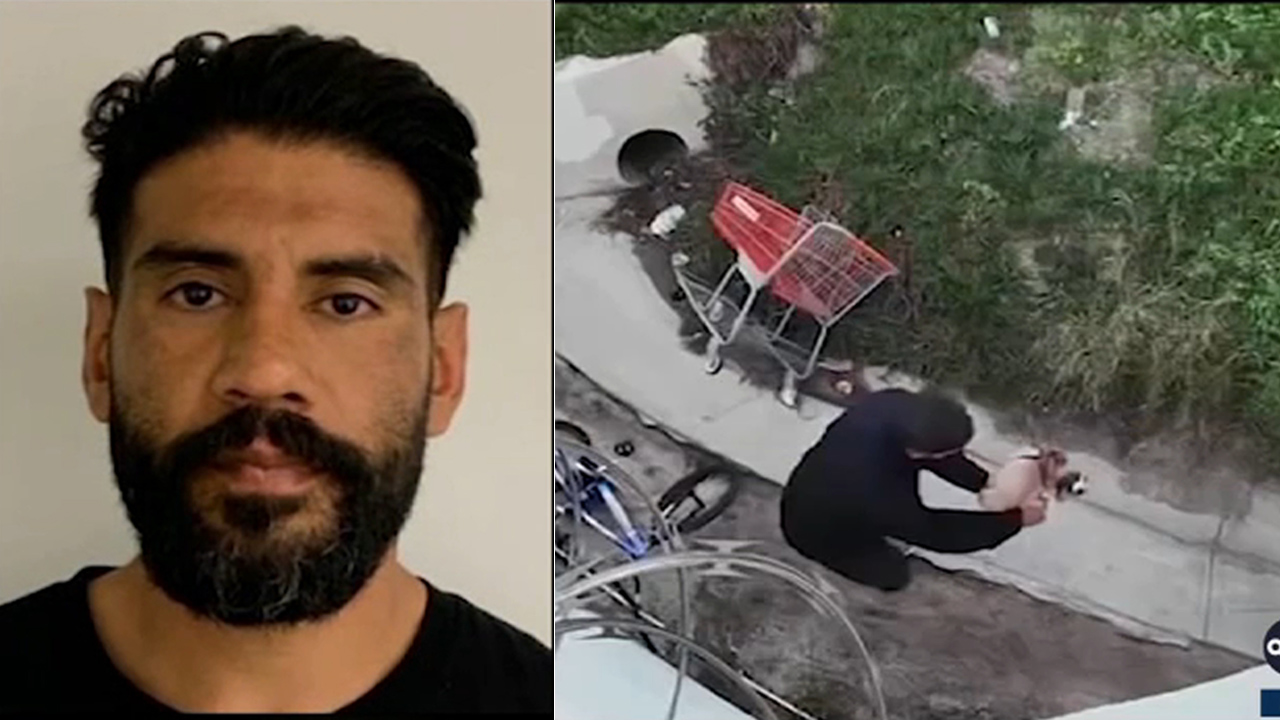SoCal congressman evacuated after chaos hits the Capitol

It was a chilling and terrifying day at the U.S. Capitol as protesters stormed the building and security officers scrambled to protect members of Congress.
Trump supporters swarmed in and tore down barriers and then moved into offices and the House of Representatives floor. It was chaotic as members of Congress were taken to safe locations.
One Southern California member is describing how he had to evacuate to safety. In addition to the Capitol being evacuated, several other nearby buildings were also cleared, including the Cannon House Office Building.
"I'm safe," said Rep. Mark Takano, D-Riverside. "I had to evacuate my Cannon office space."
Takano noted that many members of Congress were not actually in the Capitol building because the speaker had asked them to go in limited numbers to the floor of the House of Representatives.
Security at the building is handled by the U.S. Capitol Police, a force of roughly 2,300 officers and civilians, who are spread out over various federal sites in the District of Columbia.
The National Guard was also called in to assist with security. The guard, a combination of soldiers and airmen, has about 2,700 personnel in the D.C. area. Ahead of the protests, 340 guard members had been activated to help with traffic control. They are unarmed and are not wearing riot gear because they were only supposed to be helping with traffic.
The Capitol building is an open facility where tourists can go in, so security experts say once inside protesters could move around into many areas.
Even when the Capitol was declared secure, a thorough search of the building was expected to be undertaken that could take some time.
"They're going to do a search," said global security expert Hal Kempfer. "They'll search everything. They'll be searching for people, they'll be searching for weapons, they'll be searching for explosives. They'll be searching for any devices."
That search may also include looking for chemical and biological devices and other potential weapons of mass destruction, he added.





